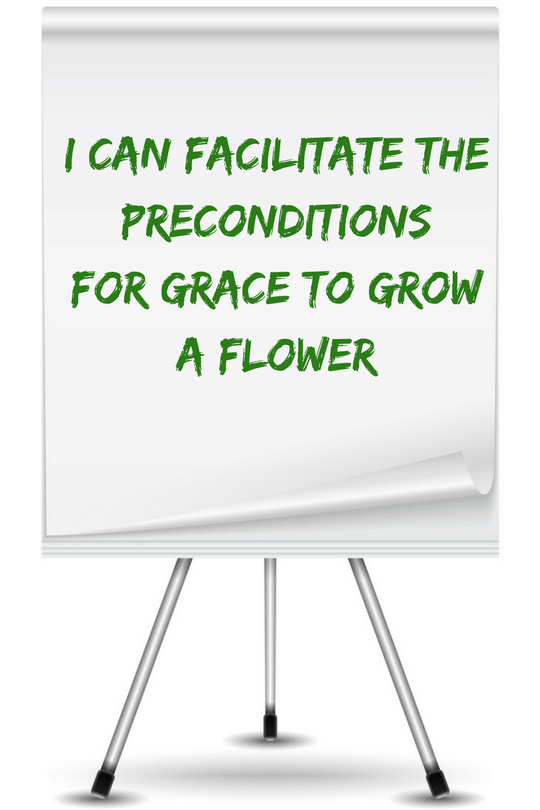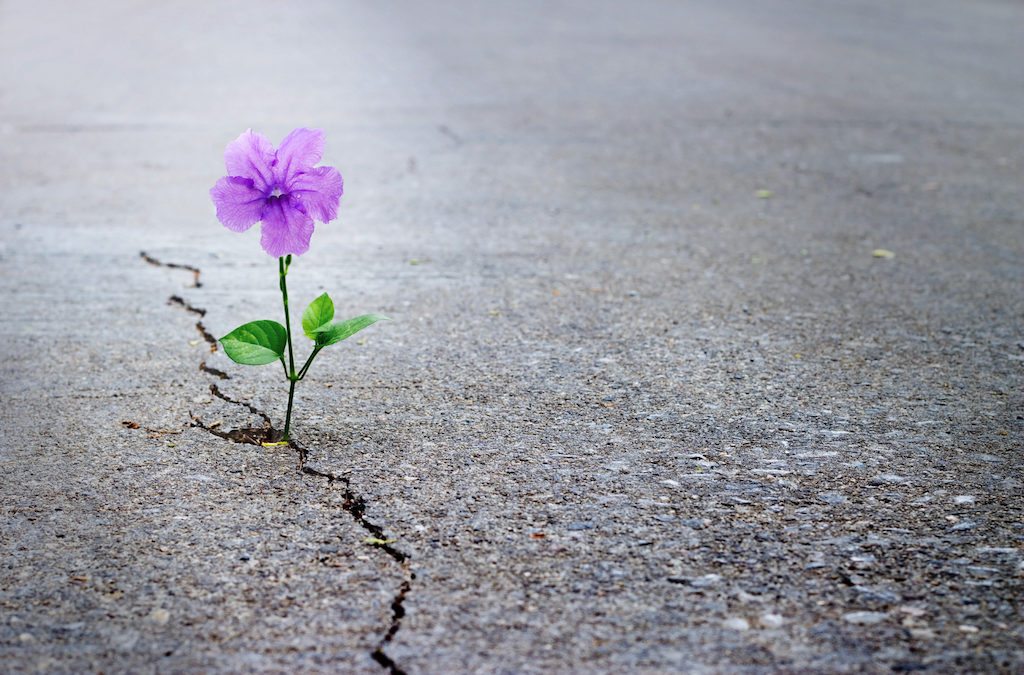In the first two parts of this blog (you can read part one and part two by clicking on the links), I shared two simple truths about life that people often find troubling at first glance but at some point see as part of “the kindness of the design”:
- We aren’t in control of our thoughts and feelings.
- No matter how hard you try, some things are going to go your way and some just aren’t.
Today, I want to share a third thing that I have come to see over a nearly 30 year career as a teacher and coach. It impacts how I do everything I do with students and clients, and is perhaps best summed up in this story I first heard in a dialogue between Anthony de Mello, an enlightened Jesuit priest, and one of his students.
They were having a conversation about helping, and de Mello said “I’ve given up on that. I used to try to help, but it never worked out very well. So now I don’t help anymore.”
When the student asked what he did instead, de Mello responded “I rain. Some people like the rain and some don’t. If the rain falls on fertile soil things grow; if the rain falls on dry soil it makes the soil fertile for future growth. If the rain falls on a rock, nothing happens.”
And this points to a fundamental truth about coaching and teaching that might sound like bad news when you first hear it:
You can’t make anyone learn anything.
I was sharing this with a client over the weekend who wanted to work on his mentoring and leadership skills. After initially arguing with the idea and offering up counter-examples, he began to see that while there were certainly things he’d learned to do that people often found helpful, there were always some people who didn’t pick up on what he was trying to convey no matter how many different ways he tried.
Rather than belabor the point, I asked him if he could grow a flower. “Of course I can”, he replied.
“How do you do that?” I asked.
“I plant a seed, water it daily, and make sure it gets plenty of sunlight.”
“Oh, I get all that,” I said, “but how do you actually make the flower grow?”
“Well that bit just happens.”
I let that one sit in the silence for a bit, and then wrote this sentence up on a flip chart:

When we recognize that there is always a part of the achievement of any result in the world (including insight and learning) that simply isn’t up to us, we tend to take the pressure off ourselves to make it happen. And as the pressure comes off, our natural curiosity and capacity for learning and experimentation comes out to play.
This is why the fact that we can’t make anyone learn anything turns out to be such good news – it frees us up to be who we are, do what we do, and let the chips fall where they may. And the odds that someone will learn in spite of our inability to make them are tilted in our favor by another simple truth:
People's natural capacity for learning will always outstrip our capacity to teach them. Click To TweetHere’s an old teaching story I share in the forthcoming 10th anniversary edition of my book Supercoach:
A teacher who had received much acclaim for his insights and discourses into the nature of the universe was asked by one of his students what difference he hoped to make in the world through his teaching.
After a few moments’ thought, the teacher replied that he had no such hopes.
“Those who can truly hear what I have to say don’t really need me to say it; those who can’t hear could listen until I was hoarse and could no longer speak without changing in the slightest.”
The student was confused.
“But if you can’t make a difference with your ideas, why do you teach at all?”
The teacher smiled. “Why does a bird sing?”
Have fun, learn heaps, and happy exploring!
With all my love,
![]()






